
The Guardian’s 1.4 million gambling addicts report sparks backlash. We refer to it as political clickbait, as UK operators may face higher costs.
On 2 October 2025, the Guardian published a sweeping headline, which was titled “Landmark study shows 1.4m Britons have a gambling problem.”
The news story came in just days after the Labour chancellor floated plans to hike taxes on the gambling industry. What a coincidence, wouldn’t you say?
I wonder what kind of influencing factors were behind this headline. I know one thing: it makes my blood boil when newspapers publish false news stories, like the one written by Rob Davies in the Guardian.
Why Do We Care?
If this news story has any influence on taxes on the gambling industry, to whom will the costs be passed down? It will be us, the players. Seriously, if that happens, the black market casino issue in the UK will just continue to rise.
The Guardian’s Headline is Akin to a Tabloid Writer
Looking past the headline-grabbing article, all we see is less than groundbreaking journalism and, instead, what appears to be a convenient political narrative.
The figure of 1.4 million is drawn from the UK Gambling Commission’s (UKGC) new Gambling Survey for Great Britain (GSGB), which reports that 2.7% of adults scored 8 or higher on the Problem Gambling Severity Index (PGSI). But the path from 2.7% to 1.4 million is far from straightforward, and the Guardian’s reporting fails to interrogate the land mines in that path.
The GSGB is a newly developed survey that replaced earlier instruments. Its technical report reveals it uses a stratified random probability sample of addresses across Great Britain, selecting one adult per household to respond. The Commission and its associated documents openly acknowledge that all surveys have strengths and limitations, and warn users about the limitations of the statistics.
In particular, the GSGB Guidance cautions that the statistics should not be used to draw direct comparisons with earlier pre-GSGB surveys, nor to compute a ‘true rate of gambling-related harm’ in Great Britain.
That means the very act of taking 2.7% and proclaiming 1.4 million addicts is a contradiction of the rules, had the writer of the Guardian news story done his research. Or maybe he conveniently just left out the fact that these are not true figures as part because it makes for better gossip, and there I was thinking the Guardian was a broadsheet, but nope, it employs a tabloid storyteller, judging by this latest diabolic reporting of gambling addiction in the UK.
Source: For those of you interested, I read the news story in the falsly titled – ‘Landmark study shows 1.4m Britons have a gambling problem‘.
What Real Journalism Looks Like…
The Guardian acknowledges the shift from older estimates (0.3–0.4%) but glosses over the magnitude of that leap and lacks skepticism over whether the new methodology might overstate true harm. It presents the 1.4 million as a solid ‘fact,’ with no room for margin of error, self-reporting bias, or interpretive nuance. Real journalism would have dragged these caveats into the open instead of burying them.
Guardian’s framing implies that the gambling industry is a parasitic free rider, untouched by regulation or burden. That’s false. In April 2025, the UK introduced a statutory gambling levy, obliging operators to fund research, prevention, and treatment of gambling harms. That replaced voluntary contributions under prior rules.
Before that, the Betting & Gaming Council (BGC) claimed its members donated around £170 million over four years toward harm reduction efforts. The Guardian quotes this, but treats it as a footnote to its alarmist narrative. The UK also offers system-level safeguards, including self-exclusion schemes such as GamStop, regulatory oversight, codes of conduct, and restrictions on advertising. None of those features is prominently featured in the Guardian’s piece.
The Betting & Gaming Council (BGC) has already expressed opposition to the new 2.7% problem gambling figure, favouring the older and much lower estimates and raised methodological concerns. One piece of good news is that The Guardian story itself does quote the BGC’s rejection of the GSGB’s extrapolation.
It’s as if the industry exists in a vacuum, ripe for taxation, rather than as a tightly regulated sector already under immense pressure, one that is steadily losing operators who are exiting the UK market due to relentless government meddling and overregulation.
Is The Guardian’s News Report a Political Piece to Spur Raising Gambling Taxes?
The Guardian is considered left-leaning and often sympathetic to narratives of corporate harm and state intervention. When it publishes a scare story about 1.4 million suffering from gambling addiction, it could help what is already a disastrous government tax on an industry that has already been through so many changes.
The Guardian’s editorial ethos, which supports social justice, regulation, and accountability, aligns conveniently with Labour’s agenda to increase the tax burden on gamblers, which has been a threat for some time, after Jack Bannon first reported the situation here on the Casinoplusbonus news columns back in July 2025. Government Wants to Mess With the UK Gambling Industry. I would go so far as to say that the timing of the article is not accidental, simply because it coincides with the chancellor’s hints at tax hikes and Labour’s proposals to replace the voluntary donation regime with a formal levy.
Journalists who report alarmist statistics at exactly the moment policymakers need justification must answer for whether they are informing the public or nudging policy.
Is Rob Davies a veteran reporter or hype merchant?
The Guardian article is credited to Rob Davies, a business reporter who has covered gambling for years and is the author of Jackpot: How Gambling Conquered Britain. Davies is not a newcomer; he has deep domain experience. But reputation doesn’t excuse this article’s lack of critical interrogation. Davies’ past work includes exposing the tactics of gambling firms. However, he has missed the mark on this one, lacking methodological skepticism, dissenting expert voices, and an exploration of how social, economic, or psychographic variables can distort survey responses.
Casinoplusbonus Opinion: This isn’t investigative journalism whatsoever. It’s PR masquerading as alarm reporting. The Guardian’s 1.4 million gambling addicts headline is not a courageous exposure of new data. It is clickbait dressed as social concern.




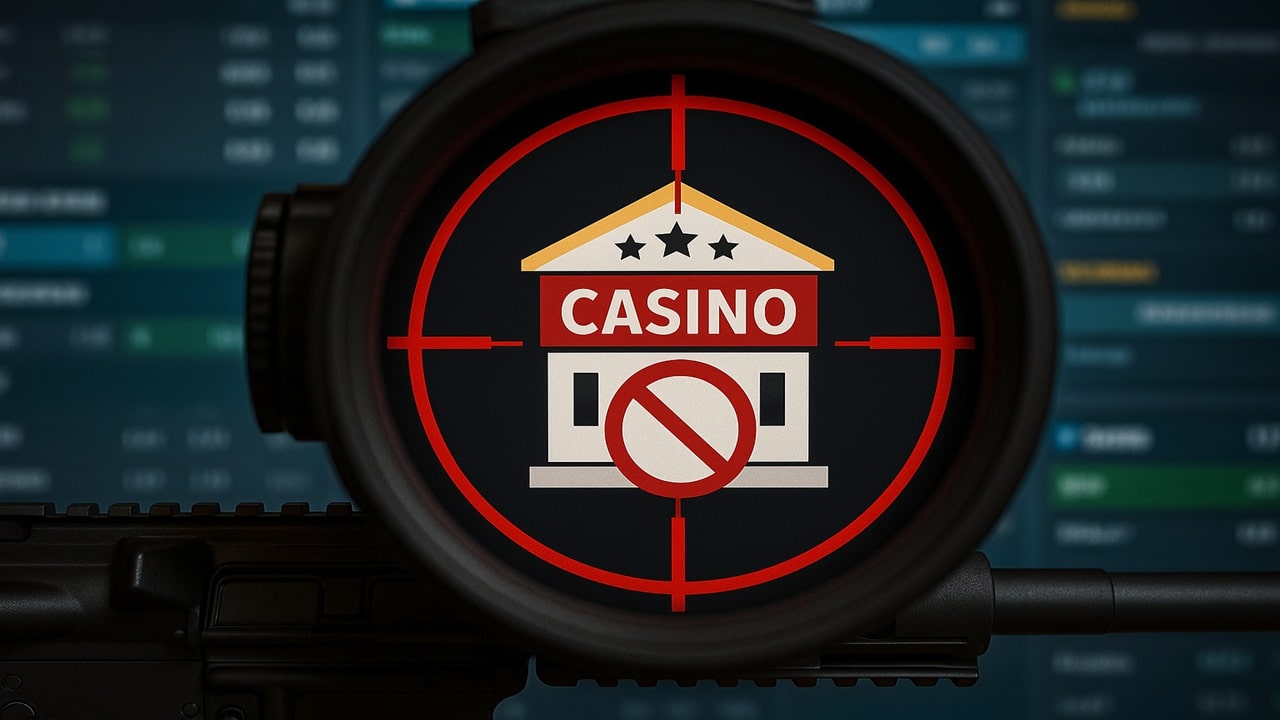





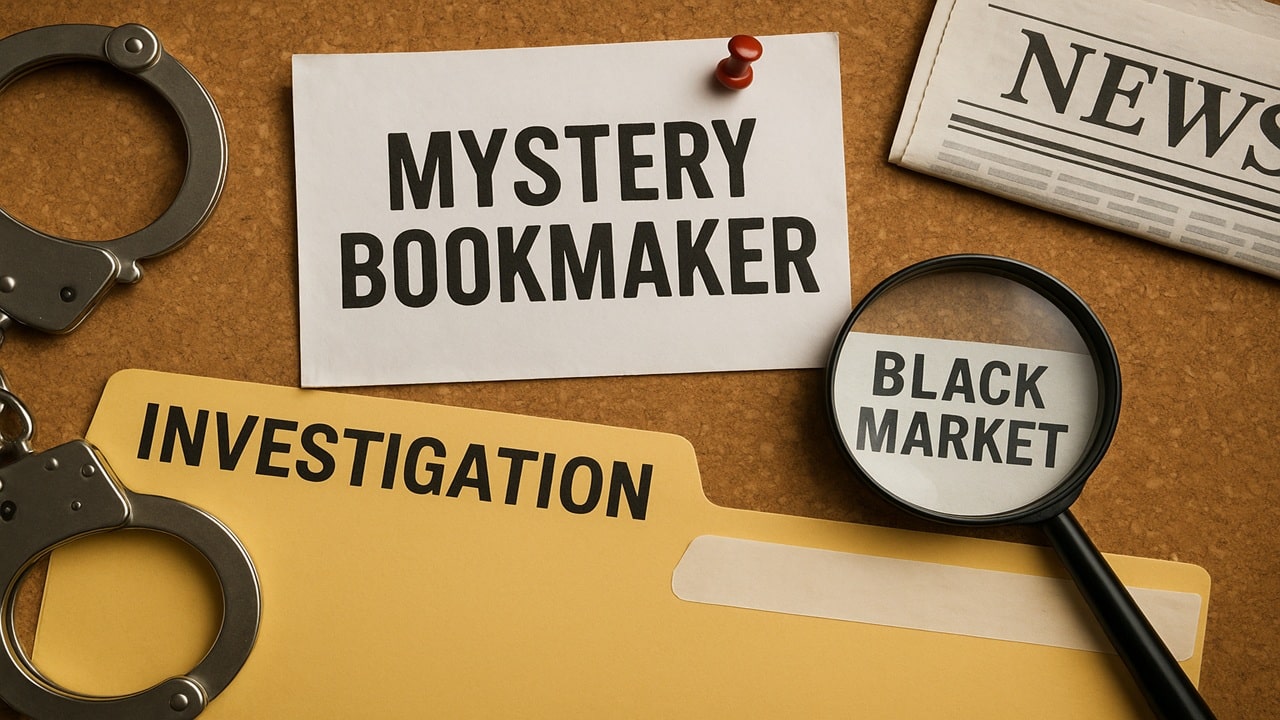
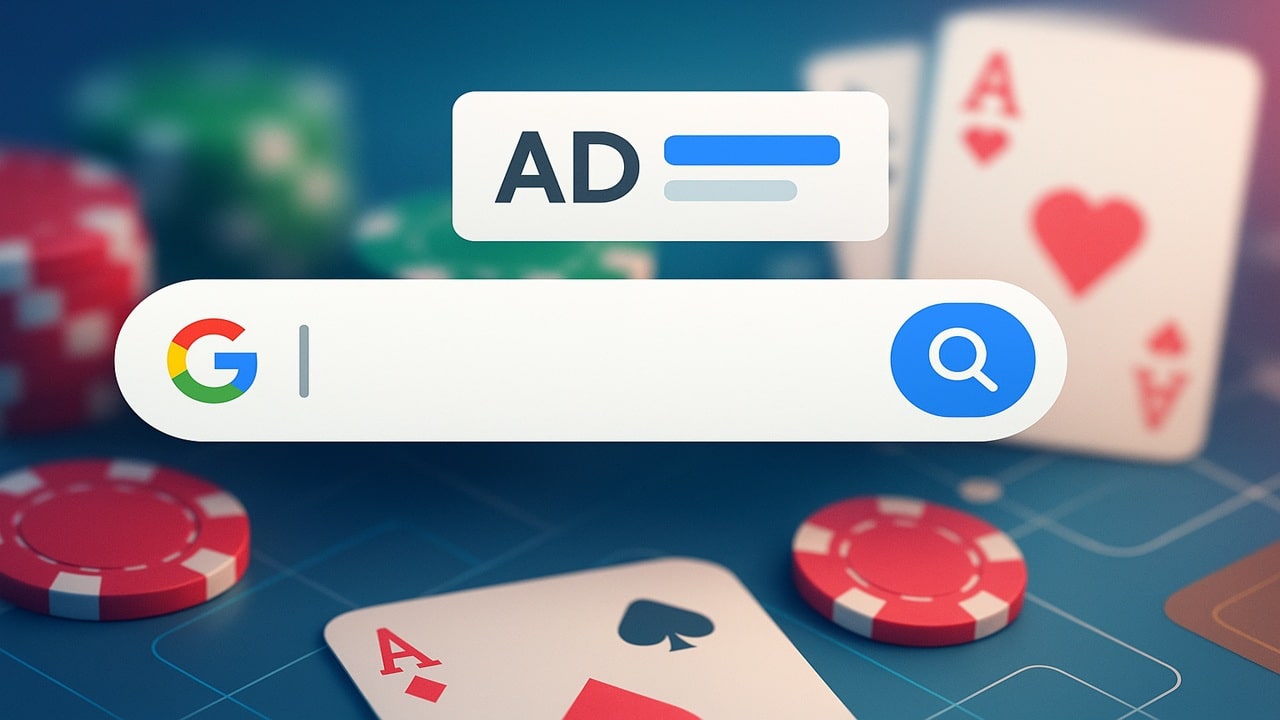
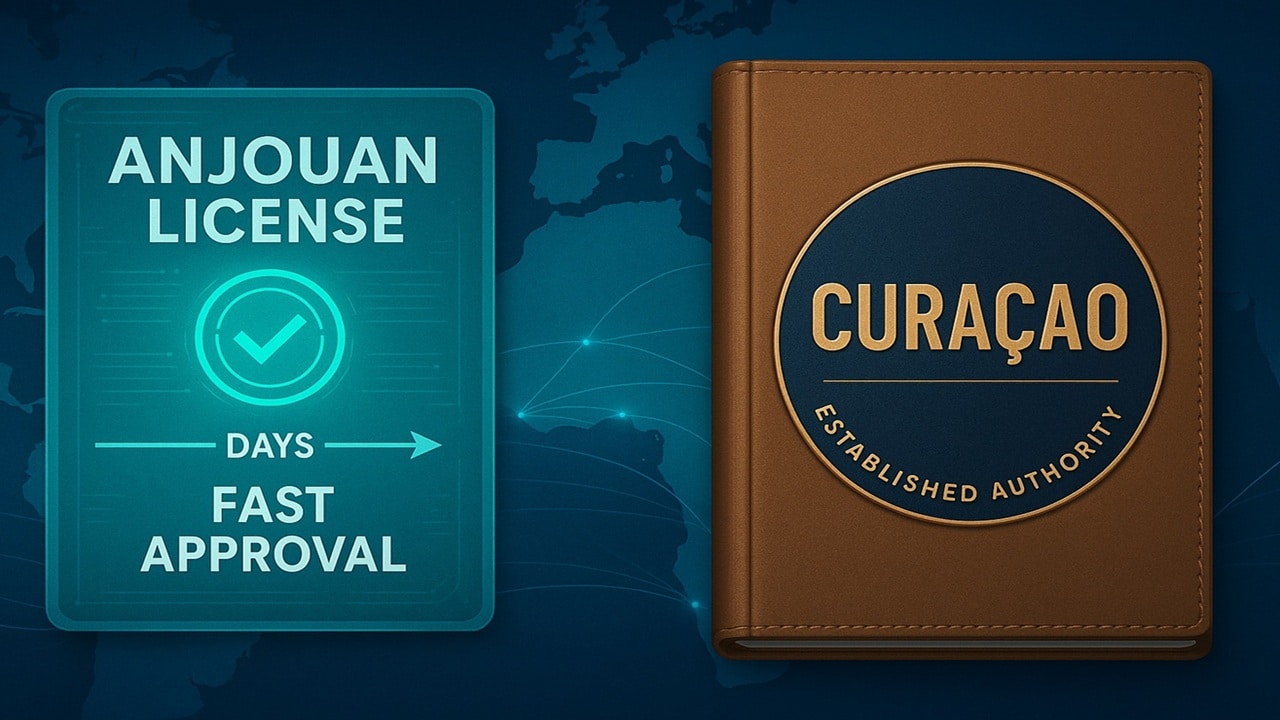
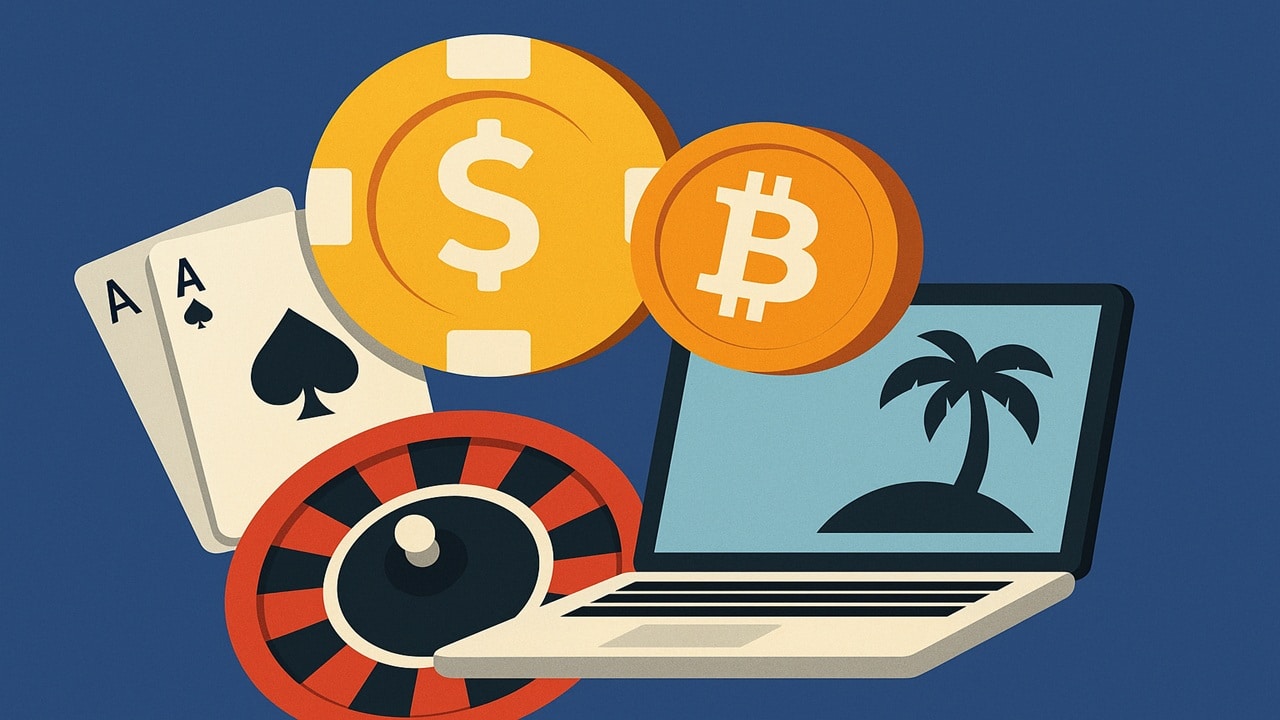


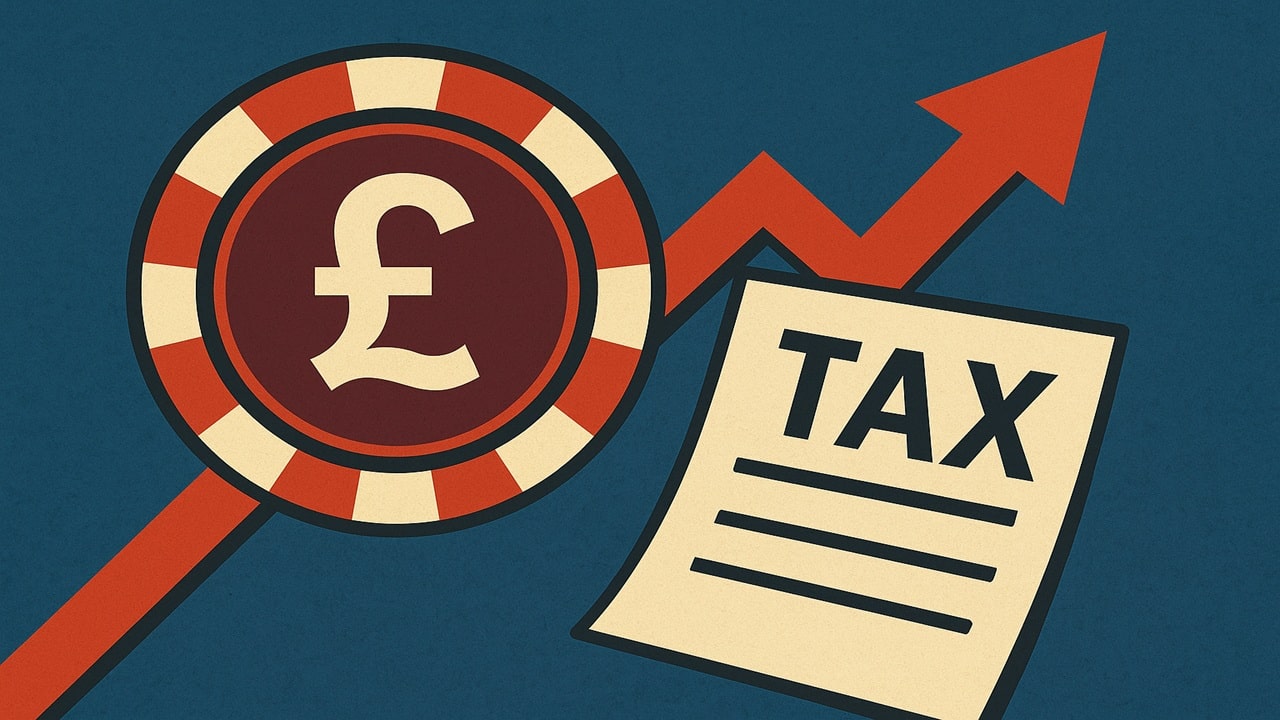


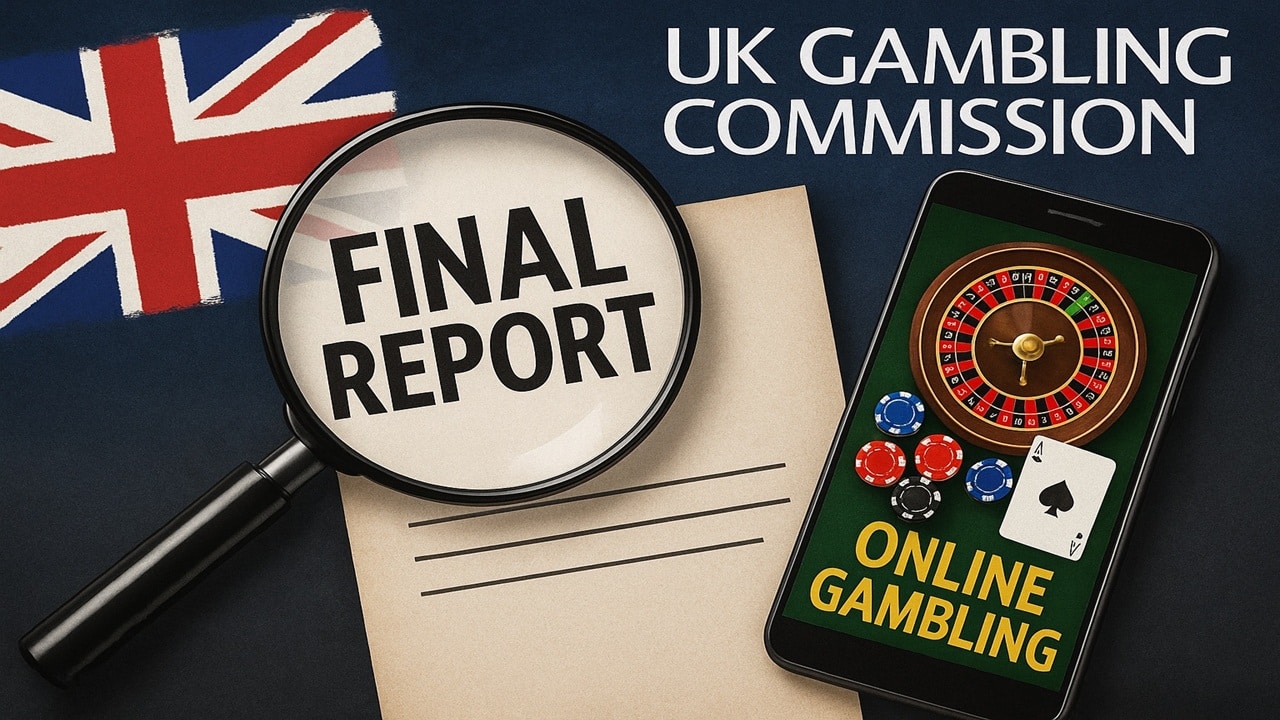



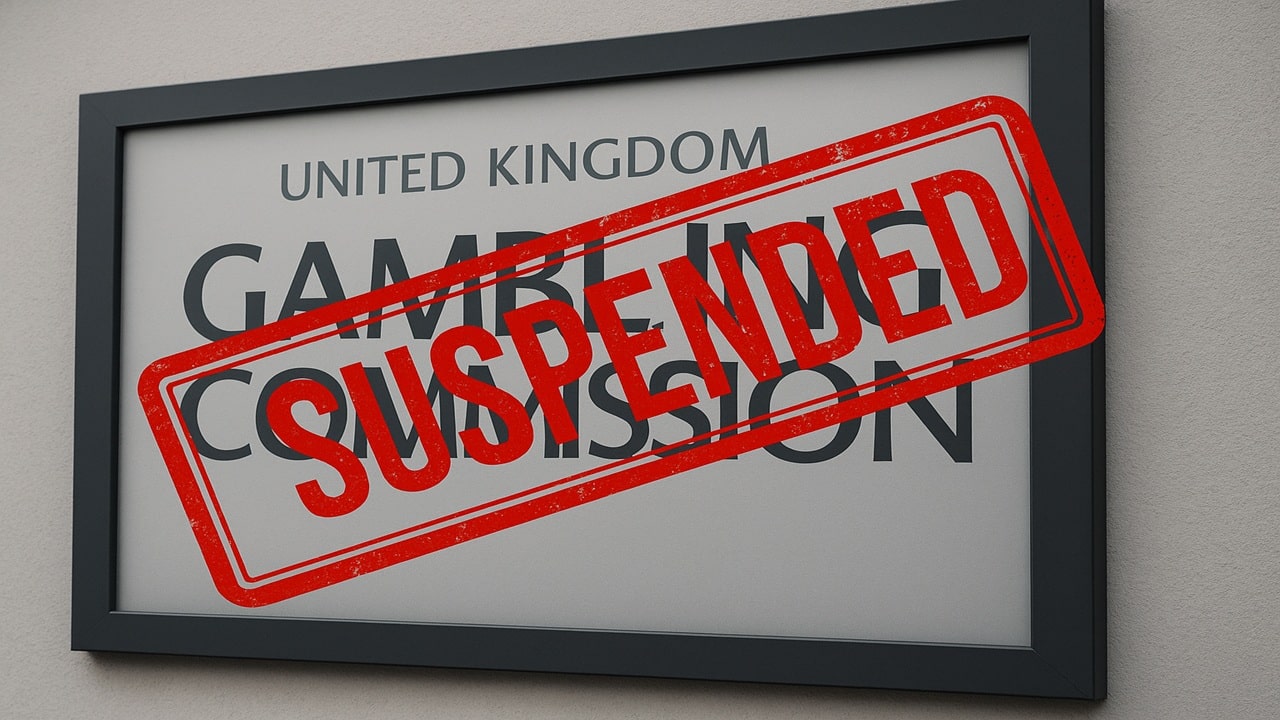
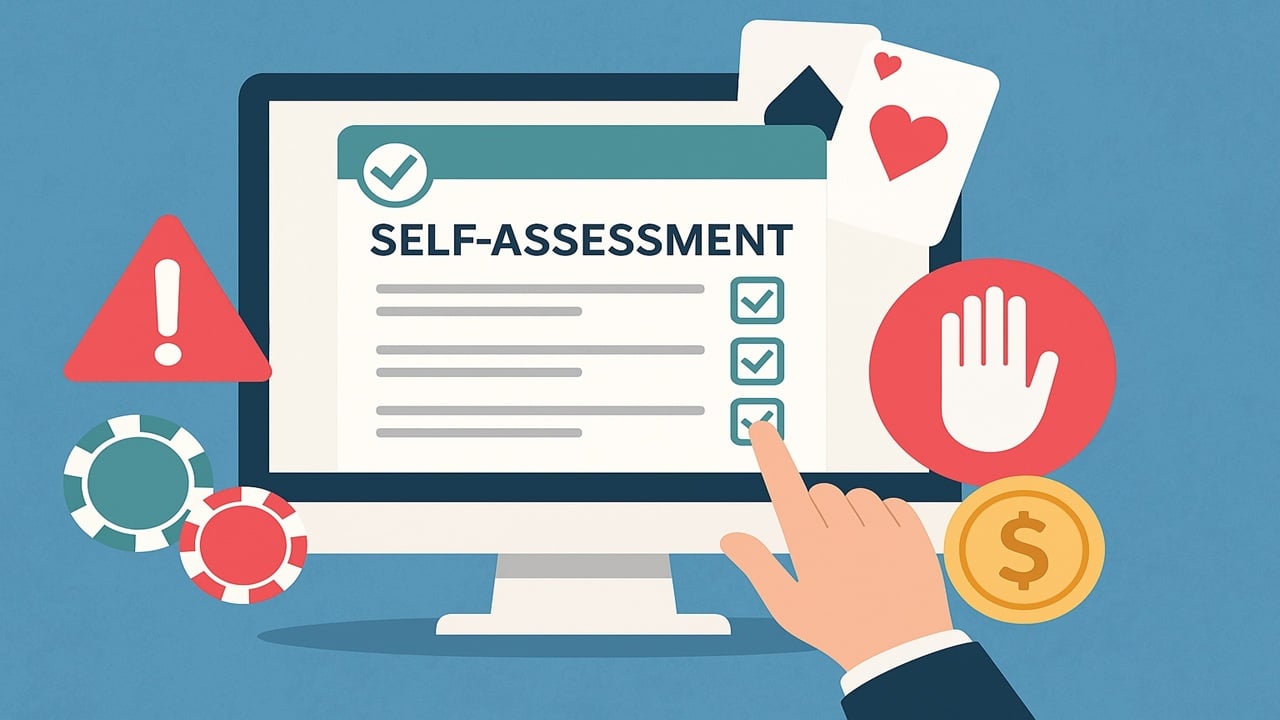




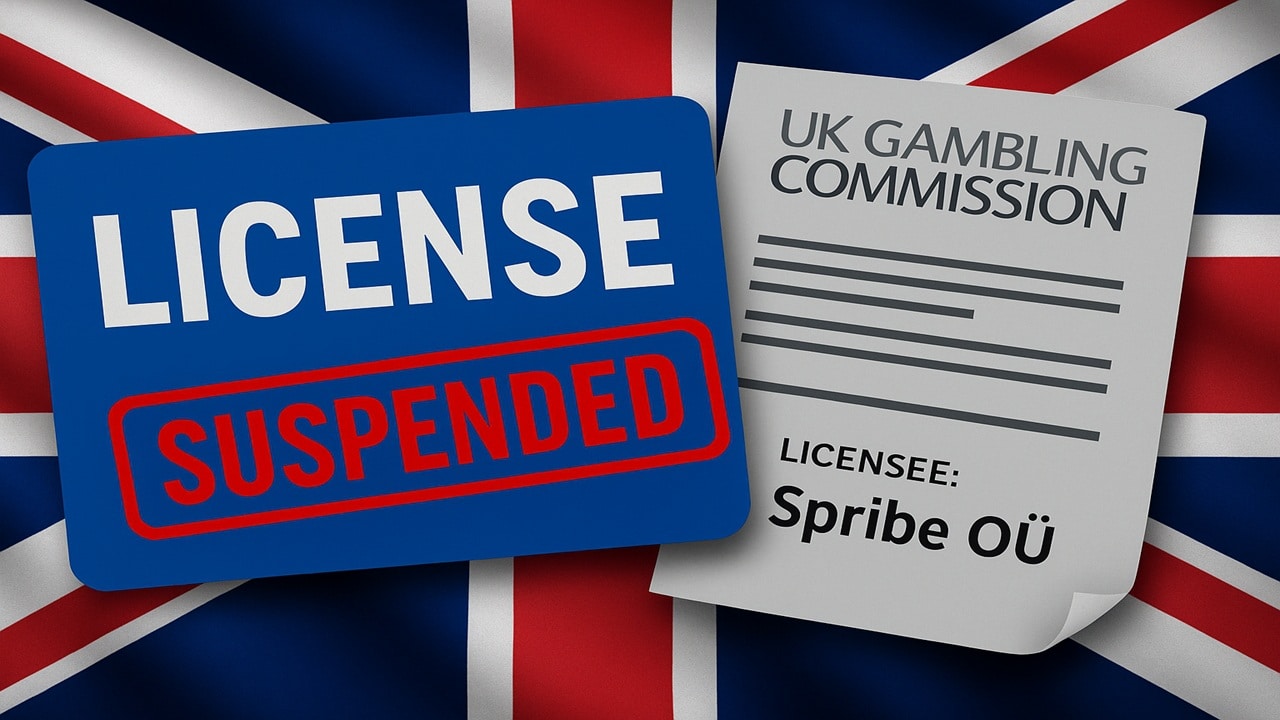
Leave A Comment